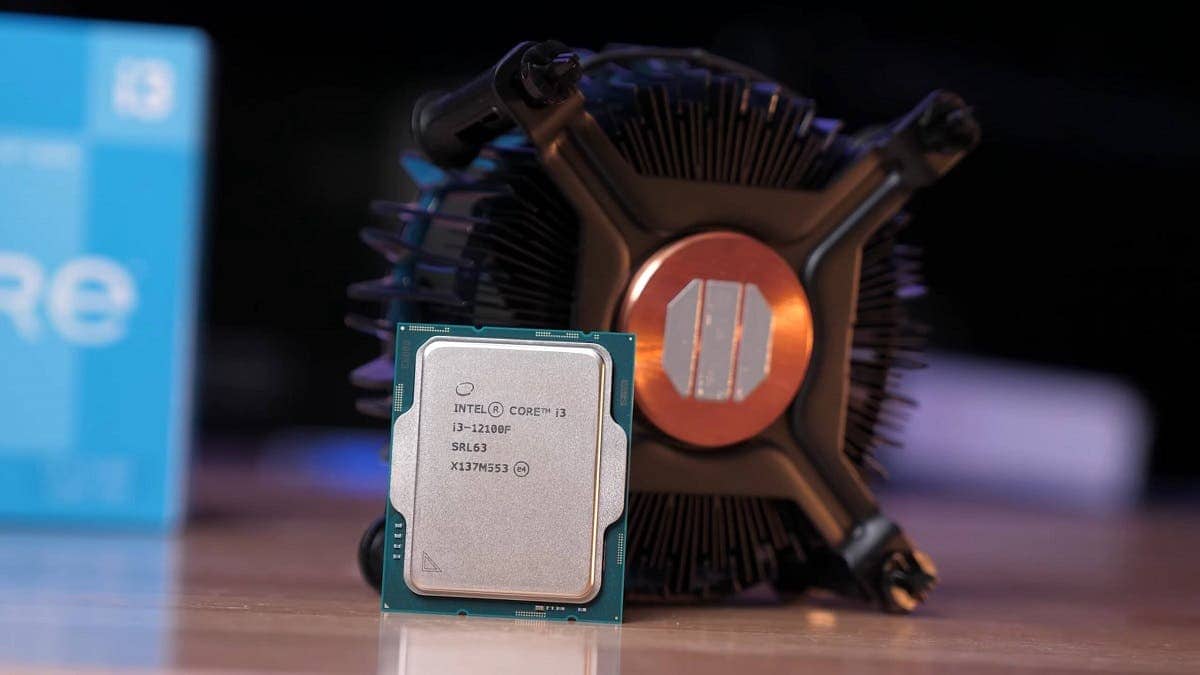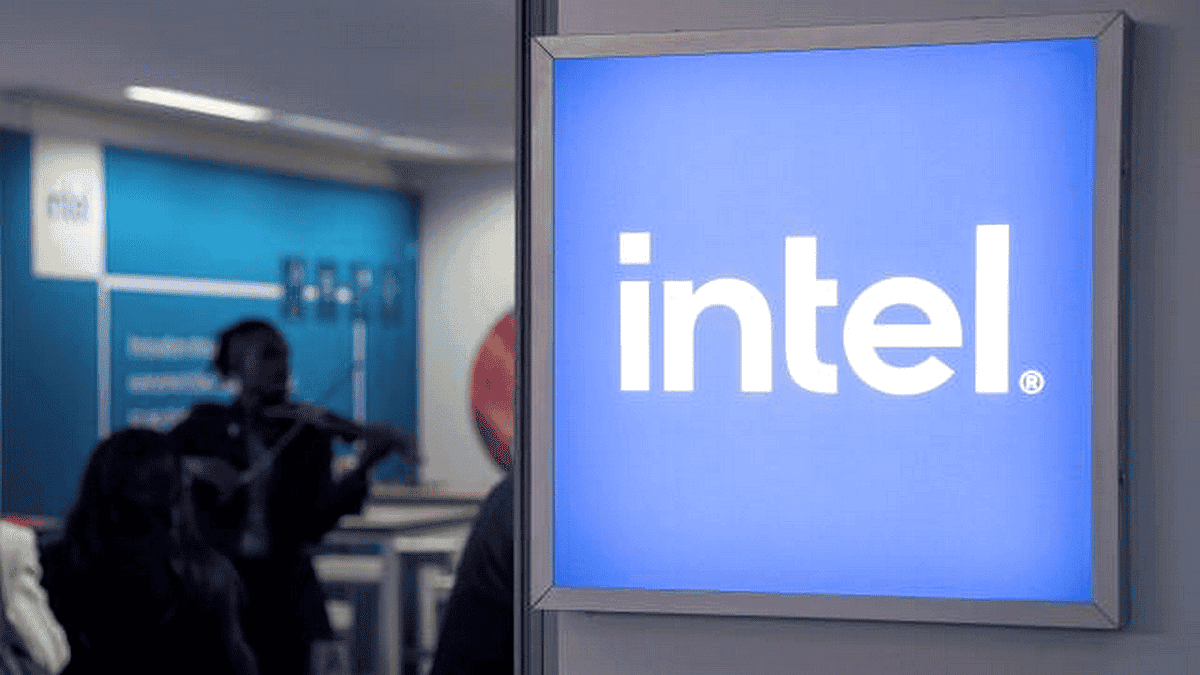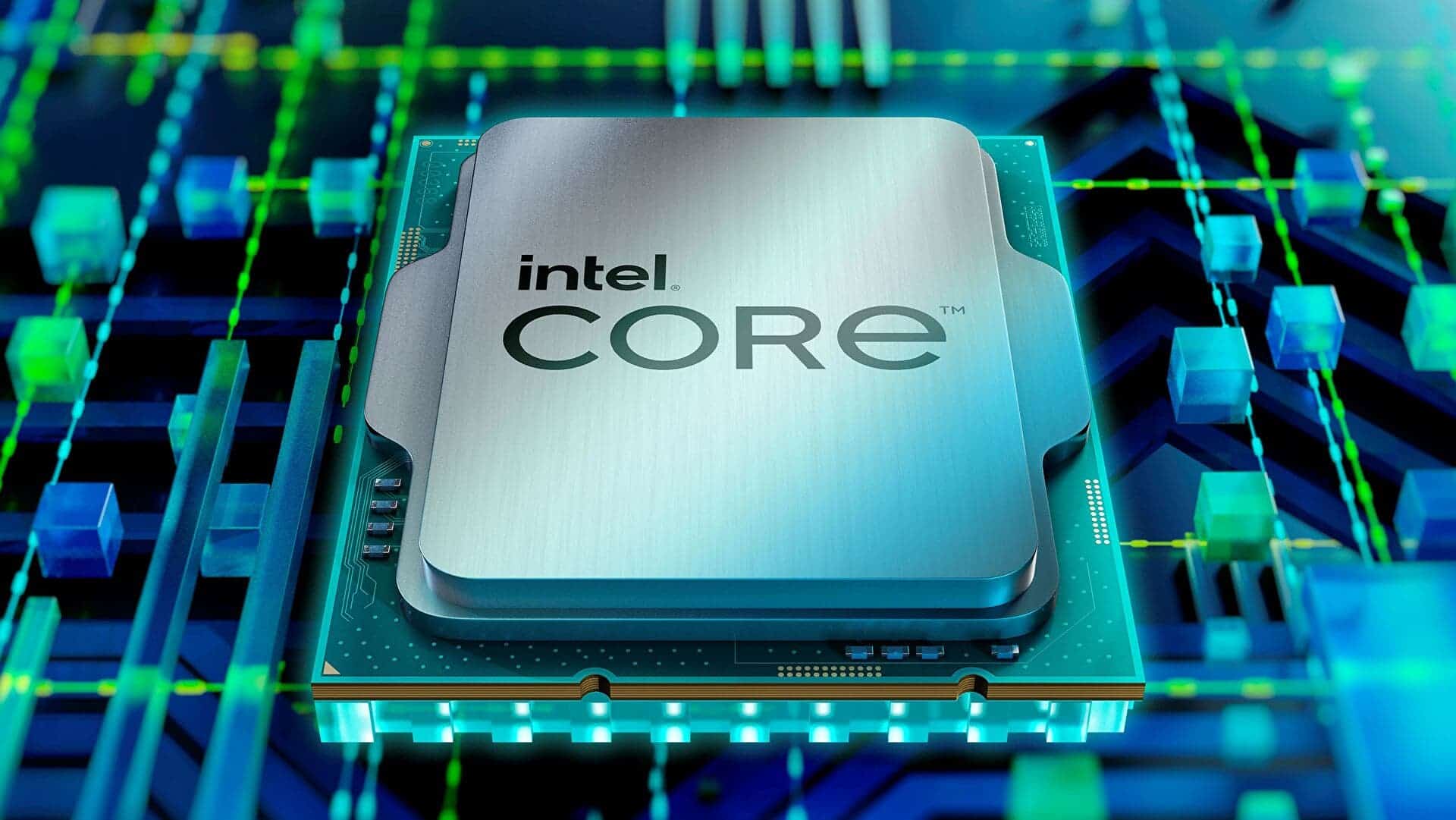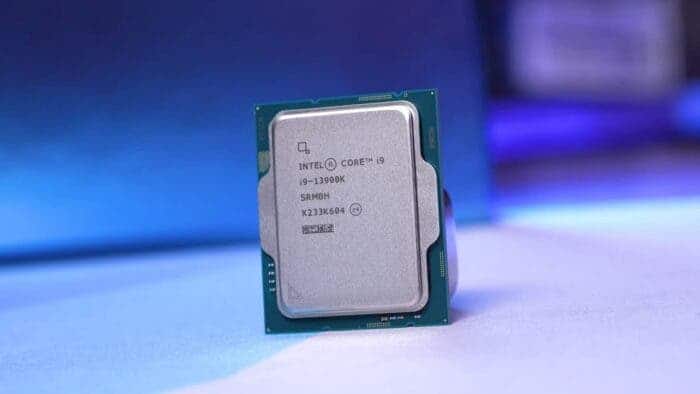Intel, one of the world’s largest semiconductor brands, has been hit with a huge $400 million fine. This fine is coming from the European Union (EU) in a longstanding antitrust case. The ruling marks the latest chapter in a legal saga that has spanned more than a decade. It shows the EU’s commitment to maintaining fair competition in the marketplace.

On Friday, the final judgment hit Intel after an initial fine of 1.45 billion euros in 2009 for the offence. However, by last year, Europe’s second highest, the General Court threw out some of the petitions. The court ruled that Intel illegally excluded rivals from the market. This prompted the EU antitrust agency to take the company to court.
The EU said
“The General Court confirmed that Intel’s naked restrictions amounted to an abuse of dominant market position under EU competition rules,”
In response to the court ruling, Intel said that it is taking time to check its options. The company said in a statement
“We are analysing the decision and the amount of the fine to determine the possible grounds and prospects of success of an appeal to the European Courts.,”
The EU’s Antitrust Fine: Unpacking the Ruling
The European Commission, the EU’s executive branch imposed a fine of $400 million on Intel for antitrust violations. The ruling centers around allegations that Intel engaged in anti-competitive practices. They are aimed at stifling competition from Advanced Micro Devices (AMD), its main rival in the computer chip market.
The Accusations: Rebates and Exclusivity Agreements
At the heart of the case were two primary allegations against Intel:
- Rebates to Computer Manufacturers: Intel was accused of providing substantial rebates to major computer brands. The rebates came on the condition that they bought the majority of their x86 central processing units (CPUs) from Intel. These rebates were allegedly used to dissuade computer makers from using AMD’s chips.
- Exclusivity Agreements: Intel was also accused of entering into exclusivity agreements with several computer manufacturers. Under these agreements, manufacturers were required to limit or exclude the use of AMD’s processors in their products.

The European Commission argued that these practices amounted to an abuse of Intel’s dominant market position. It also claims that it hindered rivalry in the x86 CPU market.
The Historical Context: A Decades – Old Legal Battle
This case has been a protracted legal battle, with roots dating back to 2000. That was when AMD first lodged a complaint with the European Commission. After years of probes and legal proceedings, the European Commission issued its initial decision in 2009. It imposed a record $1.45 billion fine on Intel for antitrust violations. Intel subsequently appealed the decision, leading to a lengthy legal process.
In 2014, the General Court of the European Union annulled a big portion of the fine. It cited errors in the Commission’s decision. The case was then remitted back to the General Court, leading to further legal battles.
Now, more than two decades after the initial complaints, the European Commission has issued a new decision. It has now imposed a $400 million fine on Intel. This marks the latest chapter in this lengthy legal saga.
Intel’s Response: Disputing the Decision
Intel has expressed its disagreement with the EU’s decision and has indicated its intention to appeal the ruling once again. The company maintains that its business practices were lawful. Intel says it aims to deliver benefits to users through lower prices and better products.
Intel’s legal battles in the EU have been emblematic of broader issues in the tech industry. The rivalry is fierce and brands with dominant market positions face scrutiny over their business practices.
The Broader Implications: Competition in the Tech Industry
The EU’s antitrust fine against Intel has significant implications for the tech industry, touching on several key areas:
- Competition and Innovation: Antitrust actions like this one are intended to ensure fair competition and prevent the stifling of innovation. By penalizing anti-competitive practices, regulators aim to create an environment where new entrants can thrive. This will also allow users to benefit from a wide range of choices.
- Market Dominance: The case highlights the challenges posed by companies with dominant market positions. Regulators are keen to prevent these companies from using their market power to unfairly disadvantage competitors.
- Legal Clarity: The protracted nature of this case underscores the complexity of antitrust matters in the tech sector. Legal clarity and consistency are essential for both companies and regulators to navigate these issues effectively.
- Consumer Impact: Ultimately, antitrust actions are undertaken to protect consumers. The EU’s decision against Intel aims to ensure that users have access to competitive products. This will also give users access to fair pricing in the CPU market.

Conclusion: A Landmark Decision in the Tech Industry
The European Union’s $400 million antitrust fine against Intel is a good step in the ongoing efforts to ensure equal play in the tech industry. The case’s historical setting involves a decades-old legal dispute. This underlines the complex nature and value of antitrust actions in today’s fast-paced world.
As the tech industry evolves, with new brands entering the market, the role of antitrust bodies becomes more vital. The Intel case serves as a reminder that no firm is immune to scrutiny. It does not matter the size or capacity of the company. This also points out the bloc’s dedication to creating a level playing field for all brands. It will encourage innovation in the competitive world of computer chips and beyond.





